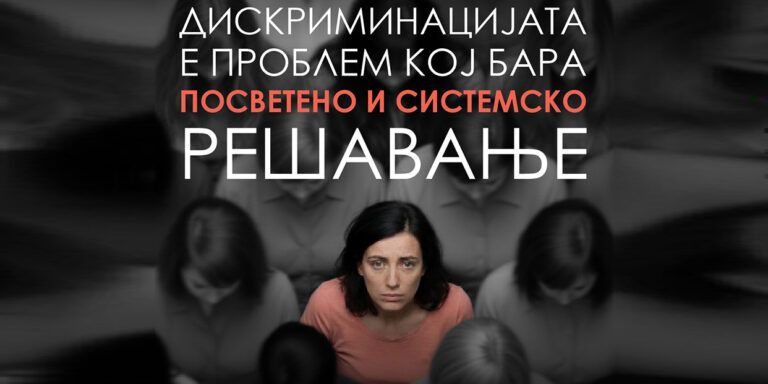There Are Three Times More Landfills Than Settlements in the Country
“Solid Waste Management / Landfills: Needs vs. Opportunities” was the topic of the traditional National Forum of Civica Mobilitas, held today, June 30, 2021, at the Alexander Palace Hotel in Skopje.
The National Forum was opened by H.E. Sybil Suter Tejada, the Ambassador of Switzerland, who reminded participants that everyone—both institutions and citizens—is responsible for helping nature recover.
“Experts propose and create solutions that are safe for everyone. On the other hand, citizens and civil society organizations must be involved in the planning and implementation process to ensure that the competent authorities manage waste properly,” Ambassador Suter Tejada stated.
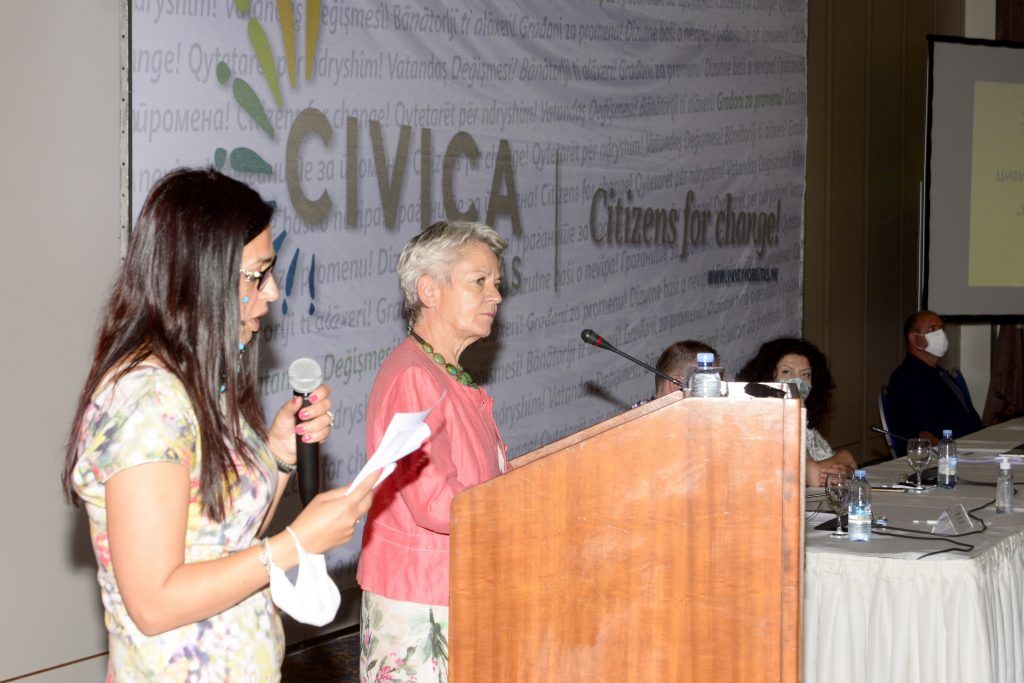
The discussion included the mayors of Kumanovo and Gostivar, as well as a representative from the Ministry of Environment and Spatial Planning (MESP).
“Are we, as a society, ready to pay for these services regardless of political affiliation?” asked Maxim Dimitrievski, Mayor of Kumanovo. He emphasized that service prices should reflect reality, rather than the current situation. “The state and municipalities are very poor managers in this area. If we were competent, the situation would not be like this. The future lies in public-private partnerships,” added Dimitrievski.
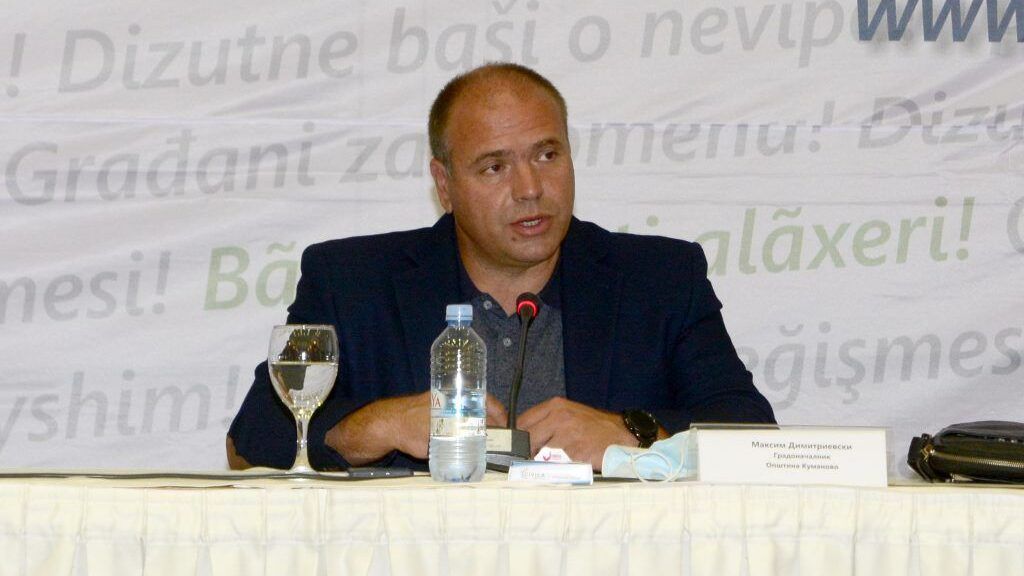
Mayor Taravari referred to the Rusino landfill, planned as one of the five regional landfills in the country. He noted that they joined citizens in protesting against the location of the regional landfill. “We managed to achieve a short-term solution, with the Ministry considering the possibility of relocating this regional landfill.”
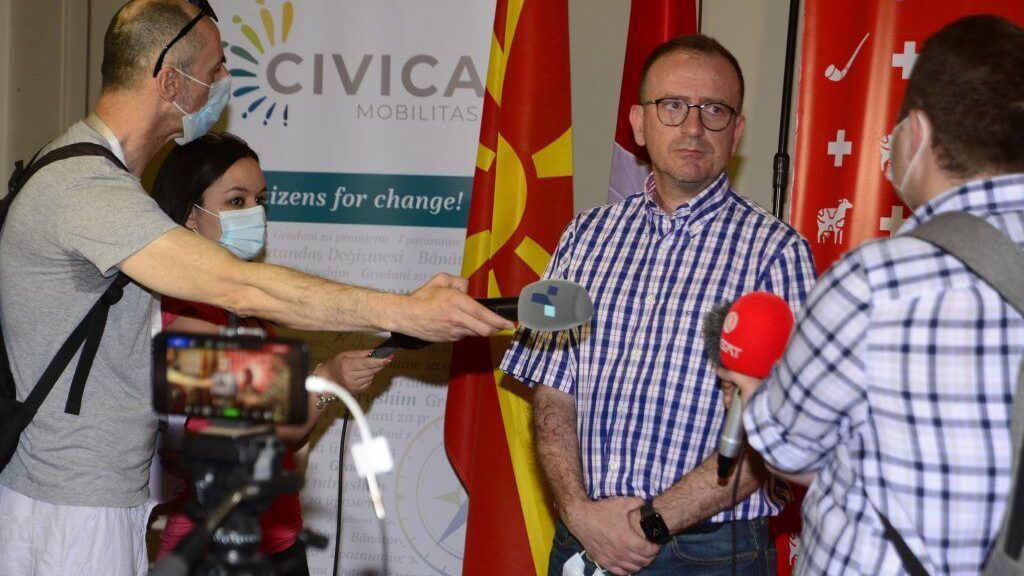
Ana Mazneva-Karanfilova stressed the need for dialogue with the civil sector to raise public awareness. “They are the most competent on this issue and can work extensively with citizens.” She added that investments in waste infrastructure are costly, partly funded by the Swiss government, with the remainder financed by the government through the World Bank.
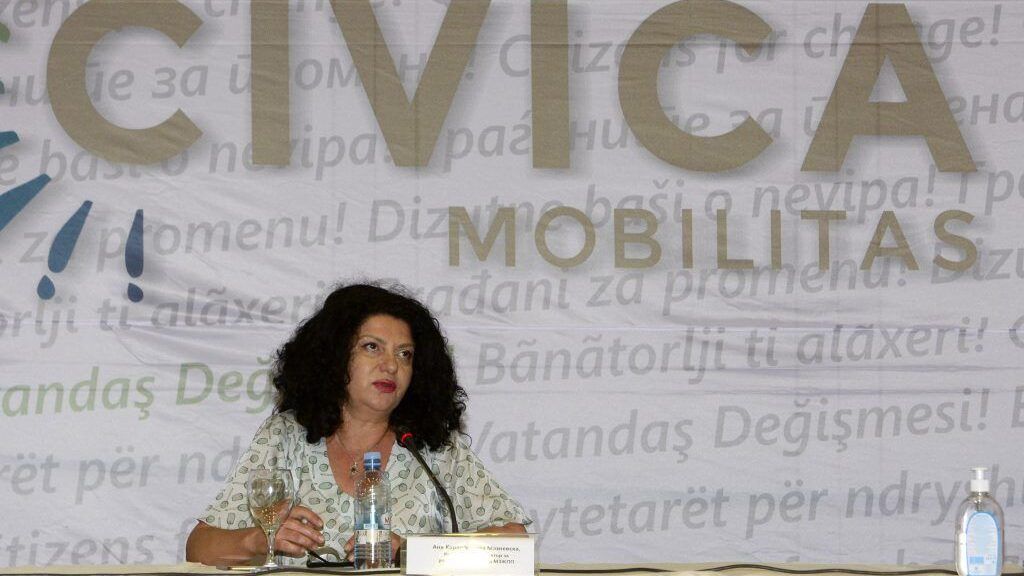
Representatives of civil society organizations debated with the panelists on topics such as continuity in local waste management strategies, cooperation between institutions, municipalities, and civil society for strengthening inspection oversight, and the effectiveness of public education on the benefits of regional landfills.
Lile Popovska, representative of the Civil Inspection Council (CIC), highlighted that one problem is the lack of proper monitoring in the waste system. She noted the need for greater coordination between national and local inspectors and emphasized integrating citizen oversight into inspection processes.
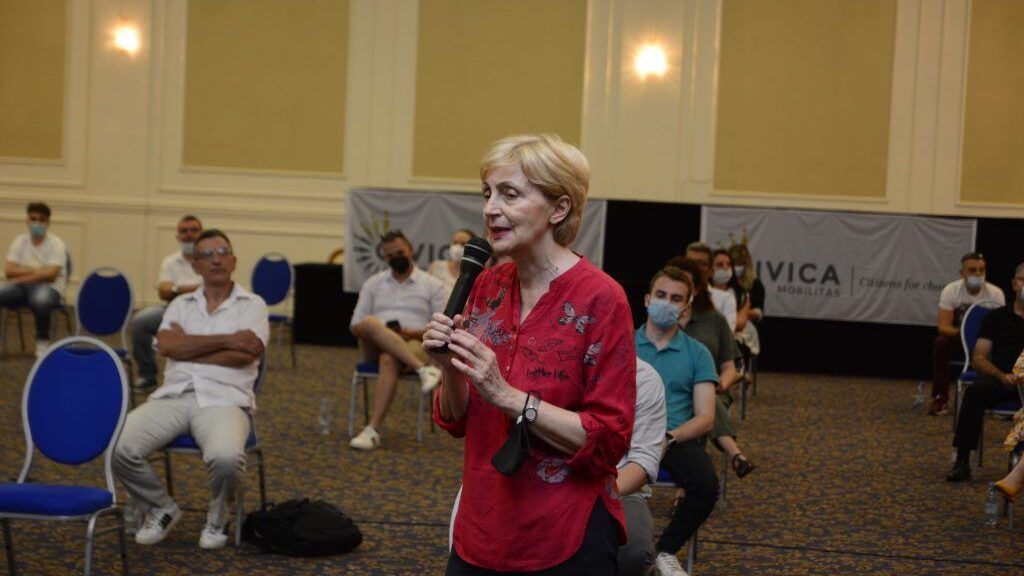
According to Goran Vidaček from the Macedonian-Croatian Society, a municipal police force should be established to improve the situation on the ground. Konstantin Karaev from the organization ChangeMakers stated that amendments to the Waste Law are inadequate, especially given the weak monitoring and oversight in the country.
For the first time in public, the business idea of Zoka Energy Solution was presented, focusing on waste management and energy production from waste. The project aims to collect waste from 74% of the country’s territory and 48% of the population, which would lead to the closure of all landfills.
Laze Filipov, a company representative, emphasized that there are three times more landfills than settlements in Macedonia and that their solution already operates in several European cities.
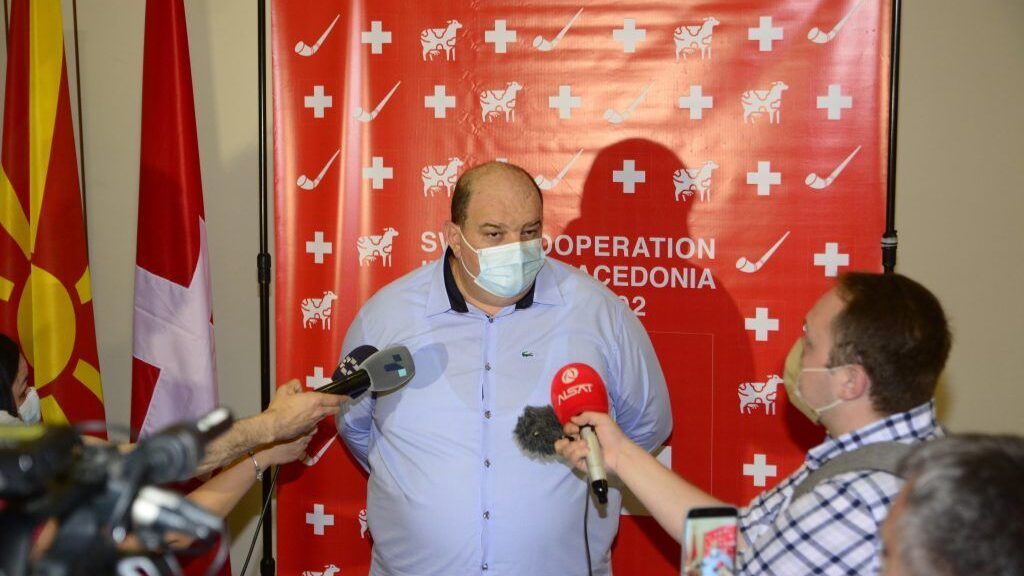
In addition to Zoka Energy Solution, Pakomak also presented new waste-sorting models.
The National Forum was the first in-person event held by the Civica Mobilitas program this year, fully complying with health protocols. The event was attended by 78 representatives of civil society organizations.
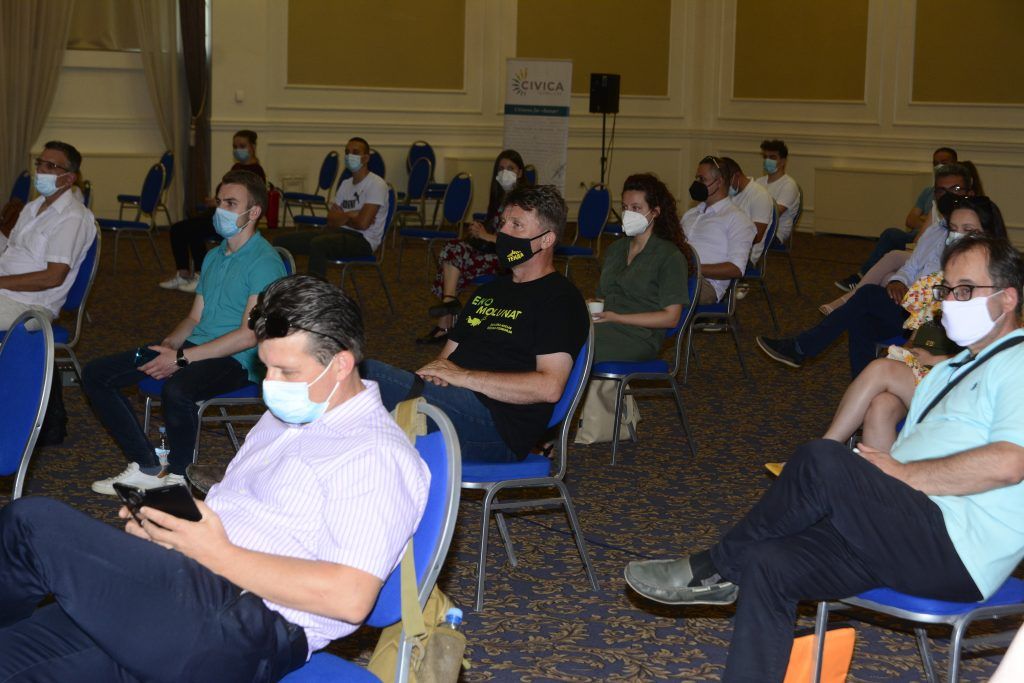


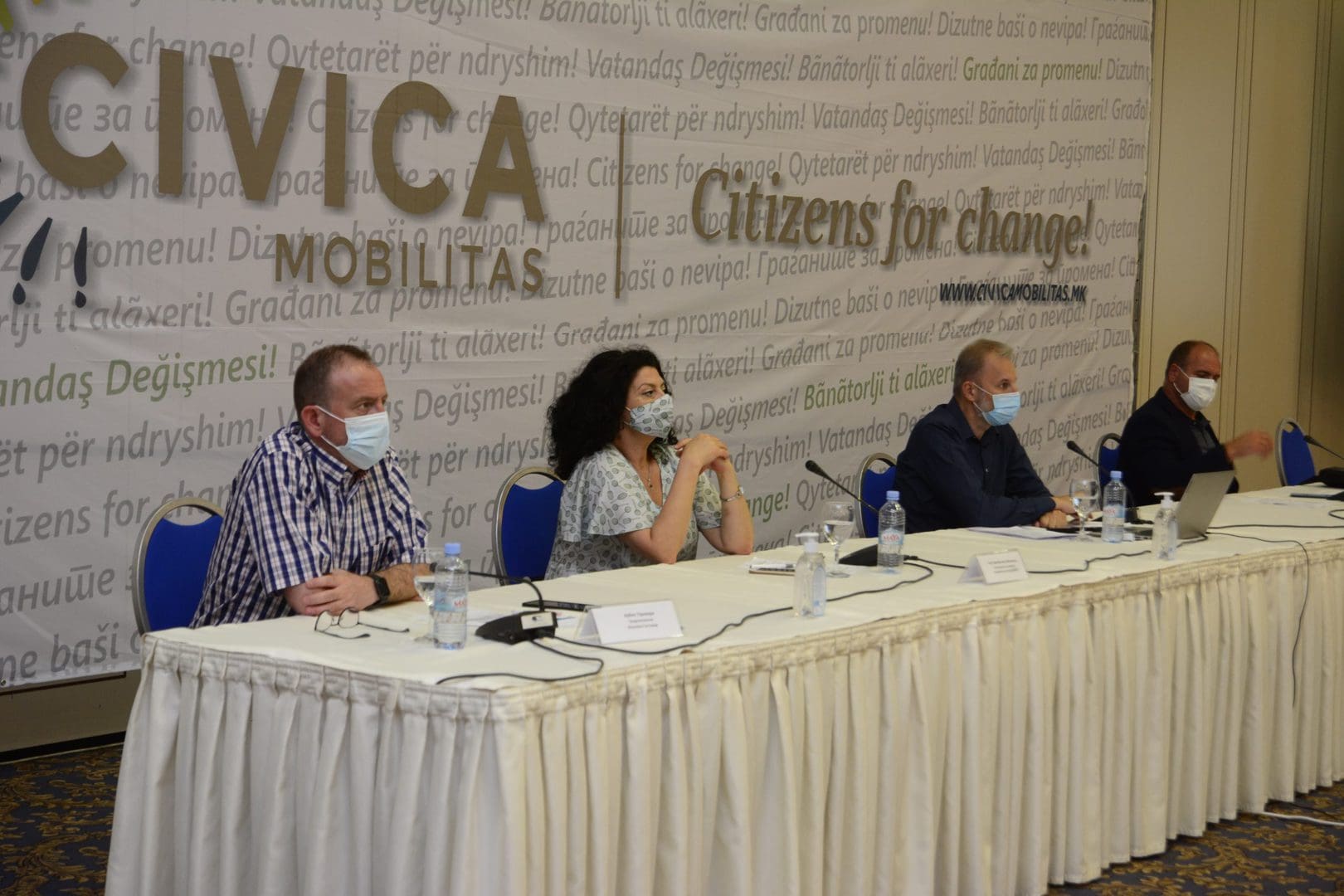

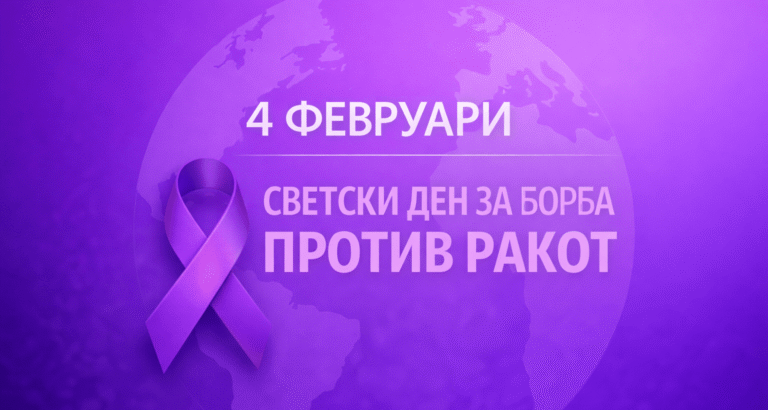

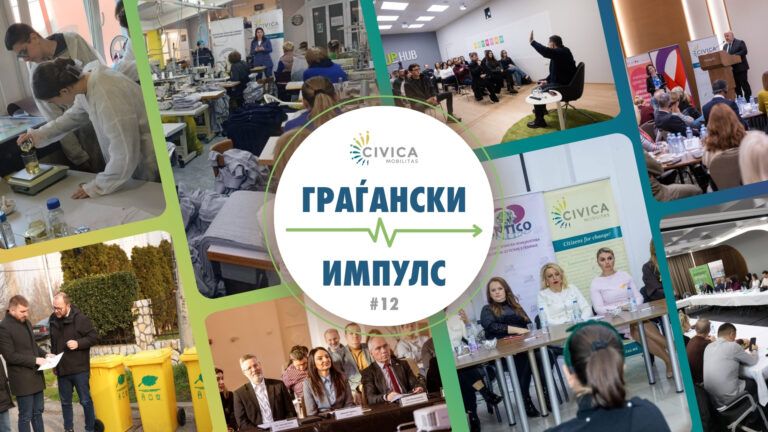
![Sre]ni praznici(2)](https://civicamobilitas.mk/wp-content/uploads/2025/12/sreni-praznici2-768x432.jpg)
